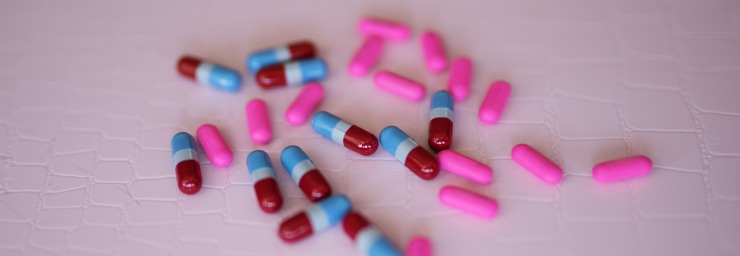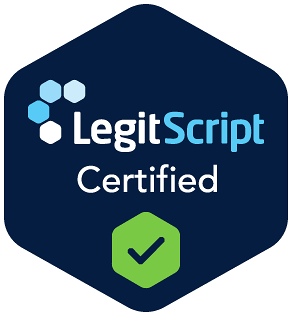Prescription medications are powerful. And they are useful tools. When used as they have been intended, they can treat or manage diseases as well as offer relief to the symptoms many diseases bring. Prescription drugs can treat such a wide array of ailments and disorders as cancer, sleep disorders, depression, anxiety, and many more.
As the name indicates, prescription drugs are obtained from a doctor. People can also find these kinds of drugs on the streets, but the addiction typically begins when a person has received a directive from a medical professional to treat an ailment or pain—and a legal prescription. When taken according to the doctor’s instructions, these drugs can offer great relief to difficult illnesses or their side effects.
Concern for Prescription Drugs
When an individual begins to make use of prescription drugs, there is always a possibility that an addiction will follow. The reason for this is that they are addictive and available—at least while the prescription lasts. So if you or your loved one make use of prescription medications, it is vital you stick to the program set up by your trusted medical doctor.
3 Types of Addictive Prescription Drugs
Opioids – Opioids are the most commonly addictive prescription drugs at this point. They are typically prescribed for pain. Examples are Fentanyl, Vicodin, OxyContin, Methadone, among others.
Stimulants – These are typically prescribed for attention deficit hyperactivity disorder (ADHD) or for attention deficit disorder (ADD). Examples include dextroamphetamine, Ritalin, Phentermine, among others.
Depressants – A person who struggles with a sleep disorder or anxiety or depression will be prescribed a drug in this category. Examples include clonazepam, Valium, Xanax, among others.
When Addiction Begins
Obviously, when a person begins taking a prescription, they are not already addicted. This kind of substance use disorder happens over time. And it is particularly insidious as it can happen with subtle changes, yet it has devastating effects. It’s even more difficult for many to fathom as the drug itself was prescribed by a medical professional.
What to Look For:
If you believe someone you love has developed an addiction to prescription drugs and they need help learning how to understand and overcome their dependence, there are a few things you can look out for.
Behavioral Signs
- Multiple trips to the doctor
- Visiting different doctors looking for prescriptions
- Going through prescriptions quickly
- Pressing doctors for more (in volume or dosage)
- Forging or even stealing prescriptions
- Ordering prescription meds from the Internet
Physical Signs: (these will vary depending on the category of drug)
Opioid
- Confusion
- Constipation
- Drowsy
- Euphoria
- Nausea
- Slowed Breathing
Stimulants
- Heart failure
- High blood pressure
- Higher temperature
- Insomnia
- Irregular heartbeat
- Lower appetite
- Paranoia
- Weight loss
Depressants
- Confusion
- Drowsiness
- Poor memory
- Rapid eye movement
- Slurred speech
Necessary Detox Step
A person with a prescription drug addiction needs professional help to find a way to find freedom. Almost always, a professionally monitored detox is necessary. Prescription Drug Detox is a treatment that weans a person’s body from the dependence on prescription drugs. It typically involves uncomfortable withdrawals and should always be supervised by an experienced team who can check vitals and manage pain levels. Detox typically takes 7-14 days, and it is during this time that an individual will work with a team of treatment professionals to better understand the depth of the addiction as well as the optimal treatment plan.
Finding Help at an Orange County Detox Facility
Though they can be confusing, devastating, and overwhelming, a prescription drug dependence can be overcome. Recovery is fully possible. With a solid program, the right team of professionals, and great aftercare, people with this kind of addiction can start anew.
If you believe you or someone you love has an addiction to prescription medications but still are not sure, please call us today. Our addiction specialists are compassionate, discrete, and able to help you understand exactly what your options are for treatment. Call now: 888-590-0777.





